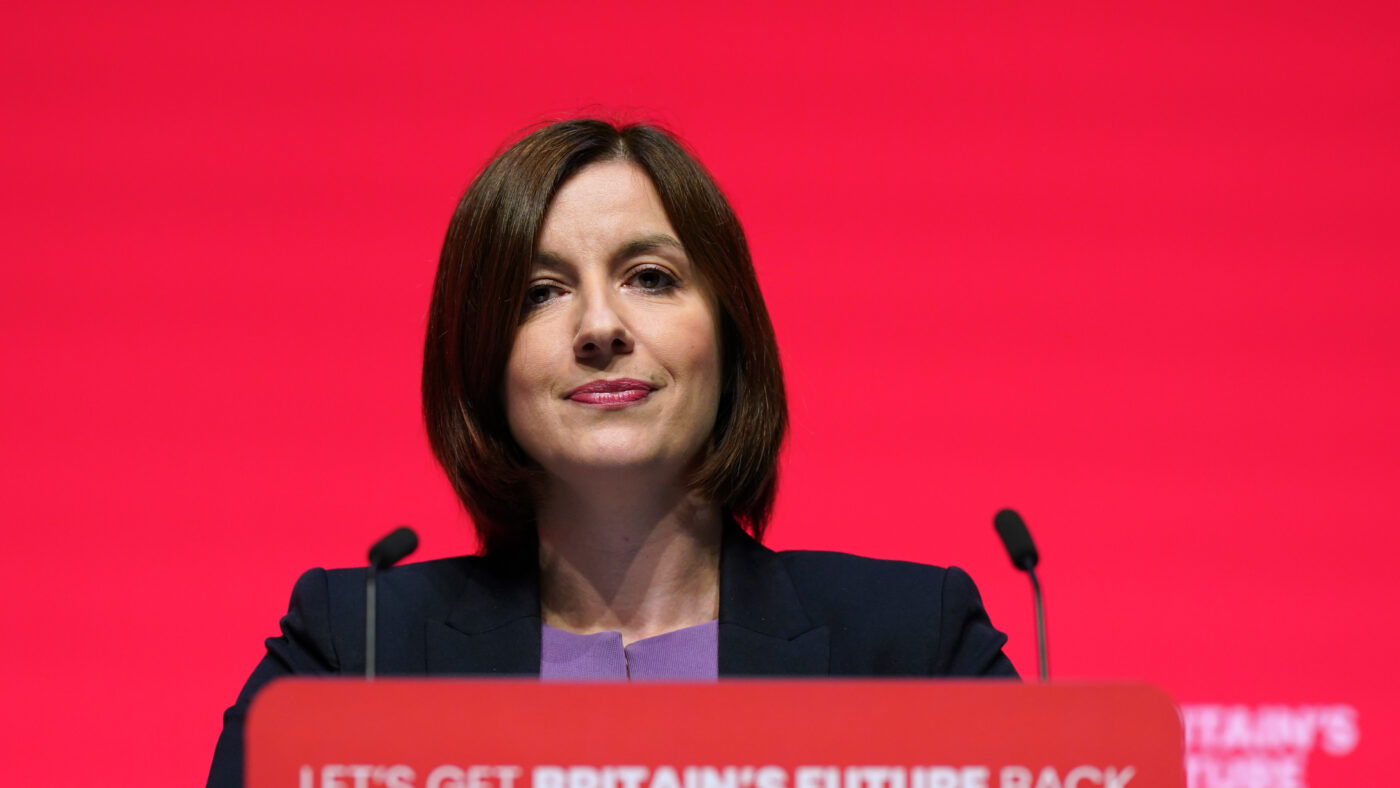In one of John Major’s more amusing moments he (allegedly) said that he agreed with Tony Blair’s mantra of ‘education, education, education’, only not necessarily in the same order.
Today, Major – and his government – are often characterised by those on the left and the right of politics, as a failure. It is widely seen as an administration beset with sordid scandals, that had to endure the humiliation of Black Wednesday, and which was swept aside by the charismatic Cool Britannia of New Labour. Things, people hummed, could only get better. And they did, until they got worse.
When it comes to education, Major’s government, compared to the creative sterility of today’s major parties, stands out as innovative and reformist. It was (crucially) able to get things done in a policy area which too often is mired by turgid debates about insignificant details and union opposition to anything suggestive of change.
In a speech to the Centre for Policy Studies in 1991, Major reminded his audience that Disraeli claimed that the fate of the country depended on education, but, Major said, ‘it only seems to galvanise us into action just about every 30 or 40 years.’ In that speech entitled ‘Education – All Our Futures’ Major outlined how extensive and beneficial the changes to all sectors of education had been as a result of policies introduced by Conservative governments. The examples are plenty – the National Curriculum, the primacy of external assessment in GCSEs, the investment in vocational qualifications, the growing autonomy of schools (which would lead to academisation under Blair and Cameron), further education and Sixth Form colleges. These reforms and more were focused on raising standards and also providing parents and students with greater choice over where (and what) they studied. Perhaps it took someone who didn’t get a degree to see how fundamental it is for others to be given the opportunity to do so.
For such an apparently ‘weak’ Prime Minister, Major sounded strong in that speech – confident not just in himself, but also in the values and priorities he was advocating. His tone was genuinely inclusive – he sought to bring different sectors together to celebrate excellence. Interestingly, he also stressed how important it is ‘to resist insidious attacks on literature and history in our schools’. Those attacks are more strident now, but the will to oppose them seems weaker than ever.
Michael Gove’s four year tenure as Secretary of State for Education stands out as being, perhaps, the last time the position was held by someone who, like Major, genuinely believed in the need for radical and rigorous policies that would challenge the educational ‘blob’. Since then, no party has put education at the core of its manifesto pledges, and the turnover in Secretaries of State (ten since Gove was sacked by Cameron in 2014) suggests the post, and the office, have become peripheral. What legislation there has been seems marginal and short-termist.
In a policy area which should be filled with genuinely new and innovative thinking, schools and universities are faced with a dearth of ideas from both sides of the House. The Prime Minister is undoubtedly passionate about the importance of mathematics (something which, today, Bridget Philipson also discovered an enthusiasm for), but his proposal for a baccalaureate-style qualification is both derivative and unlikely ever to see the light of day, even if, by some miracle, a Conservative government is re-elected. Other than that, you would be hard-pressed to name any substantive policies put forward by the current government that address the retainment crisis in teaching, and the (linked) endemic behaviour problems that beset so many schools, let alone offer a coherent set of ideas that will raise standards and improve the quality of teaching and learning.
Even so, at least the Prime Minister’s Big Idea about the Advanced British Standard is an attempt to address the relatively narrow set of qualifications our pupils leave school with. The Labour Party have no education policies at all: their proposal to put VAT on school fees could come from the Treasury, rather than the DfE. At best it will see no financial gain to the state sector and, at worst, see some independent schools close. They have selected their enemies – independent schools and non-doms – and it doesn’t seem to matter if these policies help, or damage, the country in the future.
If Major was right in saying that it takes this country 30 to 40 years before we are provoked into doing anything serious about education then we have a long, arid wait ahead of us. In that time we stand to lose much: with Scotland and Wales both already suffering from the damage of untested, progressive, dogma-driven curriculum changes, the UK faces a period of inexorable educational (and, by extension, economic) decline. Major, like Blair, can teach us the need for putting education, education, education (in any order) at the heart of government. Until we do so we will remain shrouded in petty disputes about sectors and incapable of creating the vision of hope that our children desperately need.
Click here to subscribe to our daily briefing – the best pieces from CapX and across the web.
CapX depends on the generosity of its readers. If you value what we do, please consider making a donation.


